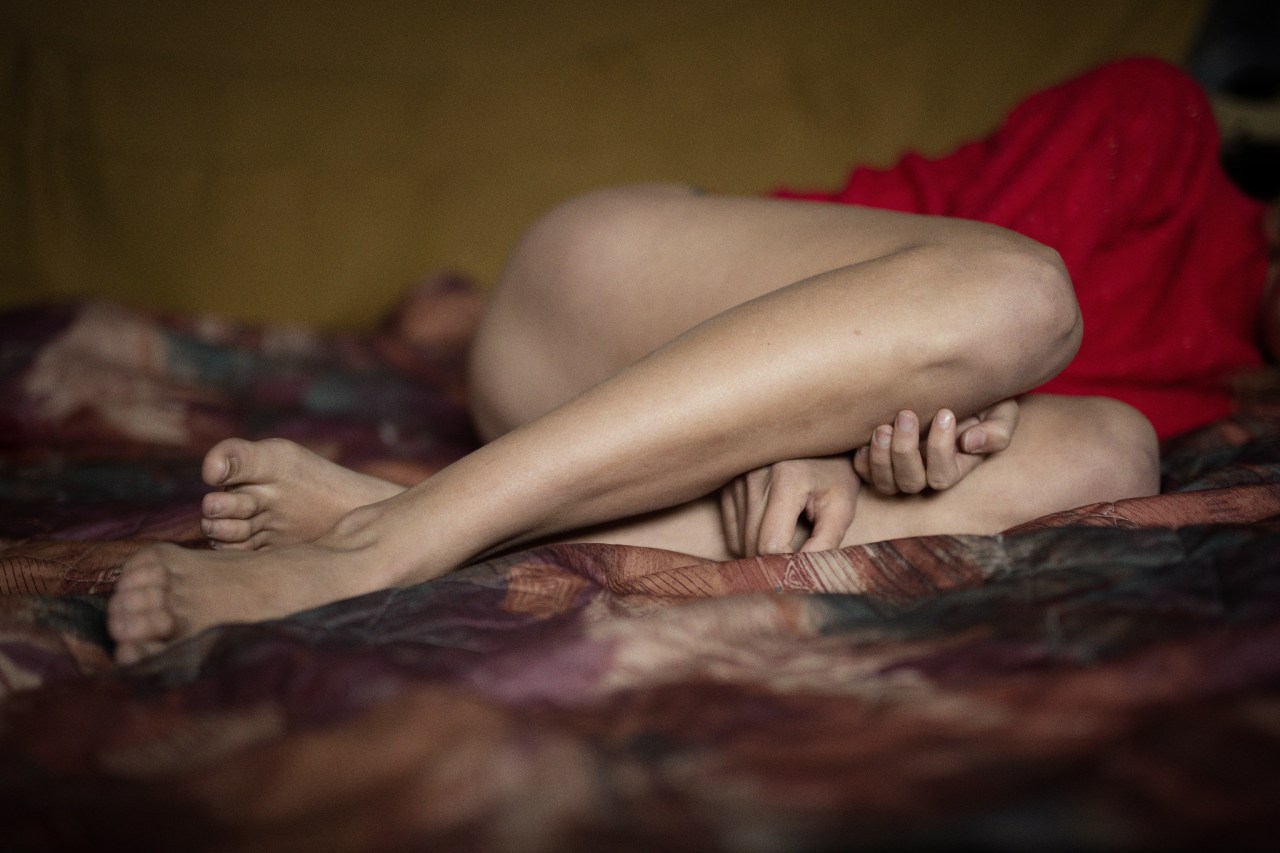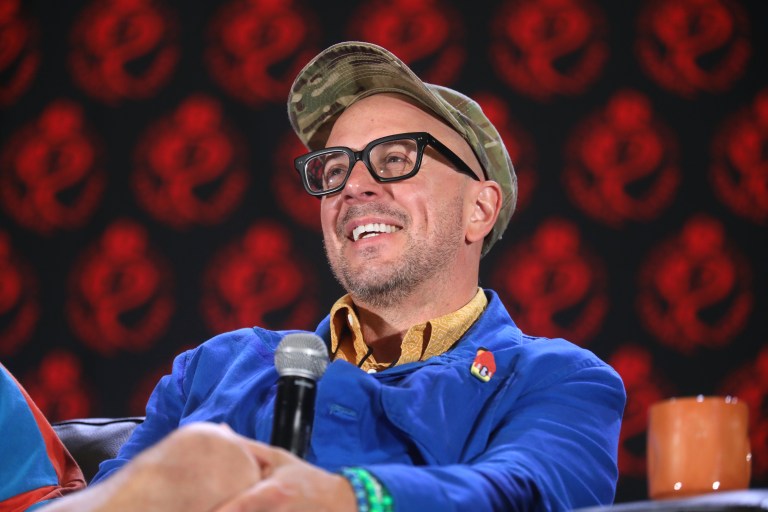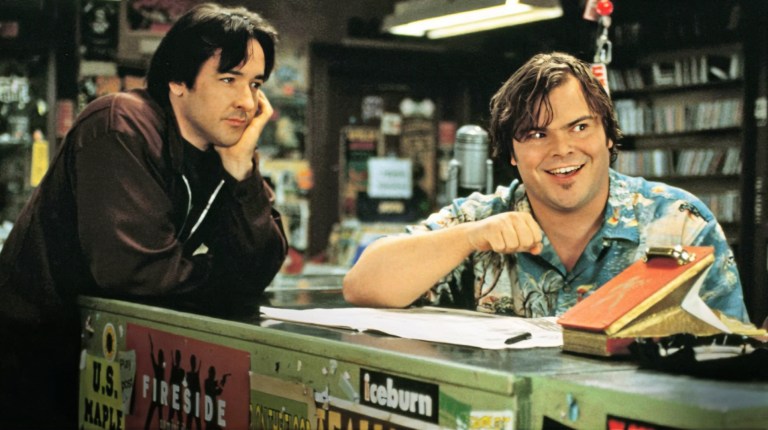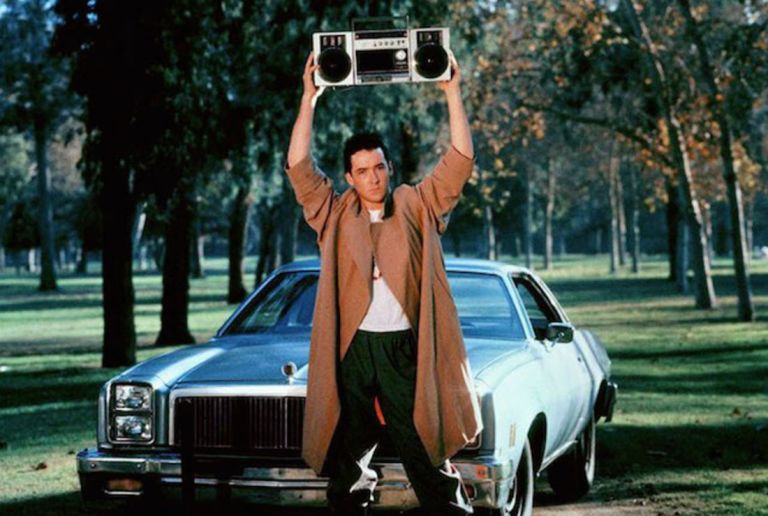
It’s Time You Finally Dealt With Your Deepest, Darkest Shit
I think the most important work that you can ever do is to figure out your Core Wound.
I think the most important work that you can ever do is to figure out your Core Wound.
I capitalize it because it is a cruel and merciless bitch, and it helps me see it as something that is part of me but doesn’t define me. That’s important.
Let’s back up: I think of the Core Wound as the deepest, darkest part of ourselves, the trigger of all triggers. When we react intensely to something – when we find ourselves threatened or angry or upset – it’s a safe bet that we’re acting out of our Core Wound. It’s entirely internal and often kept secret. It’s the culmination of all of the traumas that have ever built a home inside us. It’s not the thing we’re most proud of.
My Core Wound is the fear or belief that I’m unlovable.
Somewhere deep within me, I’ve learned or come to believe that no one could ever love me. I am too complicated, too intense, too shallow, too analytical, too critical, too needy. I’m “too much” to be loved.
At the same time, I’m “not enough.” I’m not sure that I’m smart enough, pretty enough, fun enough or skinny enough. My hair doesn’t dry straight enough and I know I don’t say “no” enough.
I think there are really only a handful of Core Wounds out there, further solidifying my belief that we’re all far more similar than we are different, if only we could look for that. On top of my own, a few others might include: the unwavering belief that one is a failure and will never amount to anything more than that; the pervasive fear that one is being controlled and will never have true autonomy; or the idea that one is a fraud, always feeling the need to prove one’s knowledge.
Whatever yours is, the Core Wound is pretty dangerous for four big reasons.
First: we often work to feed our Core Wound without realizing it, inadvertently helping to make it stronger. Something about the Core Wound is falsely comforting; it protects us, in some backwards way. Mine alleviates me from having to take risks, because it allows me to feel like I’ve lost the game before I can even step onto the field. It keeps me feeling unlovable but it also keeps me safe from big, painful reminders of that.
Second: for whatever reason, we tend to connect strongly with people who have the same Core Wound as us. Who knows why our very smart brains allow for such nonsensical behavior? I don’t know, but I do think that our Core Wound loves it, that it grows out of the confirmation that it’s right about us, whatever that thing is that we fear most.
For me, this manifests itself in looking for partners who are unavailable or chaotic relationships that will inevitably go south; it keeps the belief that I’m unlovable intact and true. That said, what’s most insidious about the bond over a shared Core Wound is that we might be able to trick ourselves into thinking that we’re really trying to challenge our Core Wound, to make ourselves better, when in reality we’re seeking affirmations of that wound instead.
Third: the Core Wound manifests itself everywhere.
When a friend got a boyfriend and stopped being around as much, I was hurt by it and took it personally, feeling as if she didn’t value our friendship in the same way I did – it triggered my Core Wound that I’m unlovable.
When the guy I was really into last summer decided he didn’t want to be with me, I was upset for months, wondering what wasn’t good enough about me – it triggered my Core Wound that I’m unlovable.
When a friend recently held me to a past self, one marked by unhealthy behaviors that I’ve worked for years now to leave behind, I became angry that he wouldn’t give the potential of my growth a chance – it triggered my Core Wound that I’m unlovable.
And fourth, and possibly the most dangerous of all: we are rarely aware of our Core Wound.
We don’t know that we’re subconsciously strengthening it.
We don’t know that we’re seeking and attracting people who have it too.
We don’t know just how much it’s governing who we are.
All because we don’t know that it’s inside us in the first place.
I believe that when we figure out and work to understand our Core Wound, we can accept it and beat it. It’ll likely always be there; it’s a big part of us. But once we know of its existence, we can check in with ourselves about when it’s showing up to the party.
When we start to fall in love with someone new, we can ask ourselves if it’s our healthy self having found another healthy self or if our Core Wounds have meshed.
When we become angry or upset with a friend, we can ask ourselves if the experience is objectively that bad or if our Core Wound is muddying our perception of it.
What’s ultimately important, if you’re going to go about the work of figuring out your Core Wound, is taking notice of what makes you react strongly – what it is that pushes your buttons – and then identifying the patterns.
In doing so, I think there’s a way to overcome your Core Wound. You don’t have to feel unlovable, as if you’re a failure or a fraud, controlled forever or whatever yours might constantly whisper to you. But like all good things, it’ll take work to reach that place, the kind of work that ebbs and flows between gentle acceptance and fierce challenging of what we believe, how we react and who we really are.![]()











